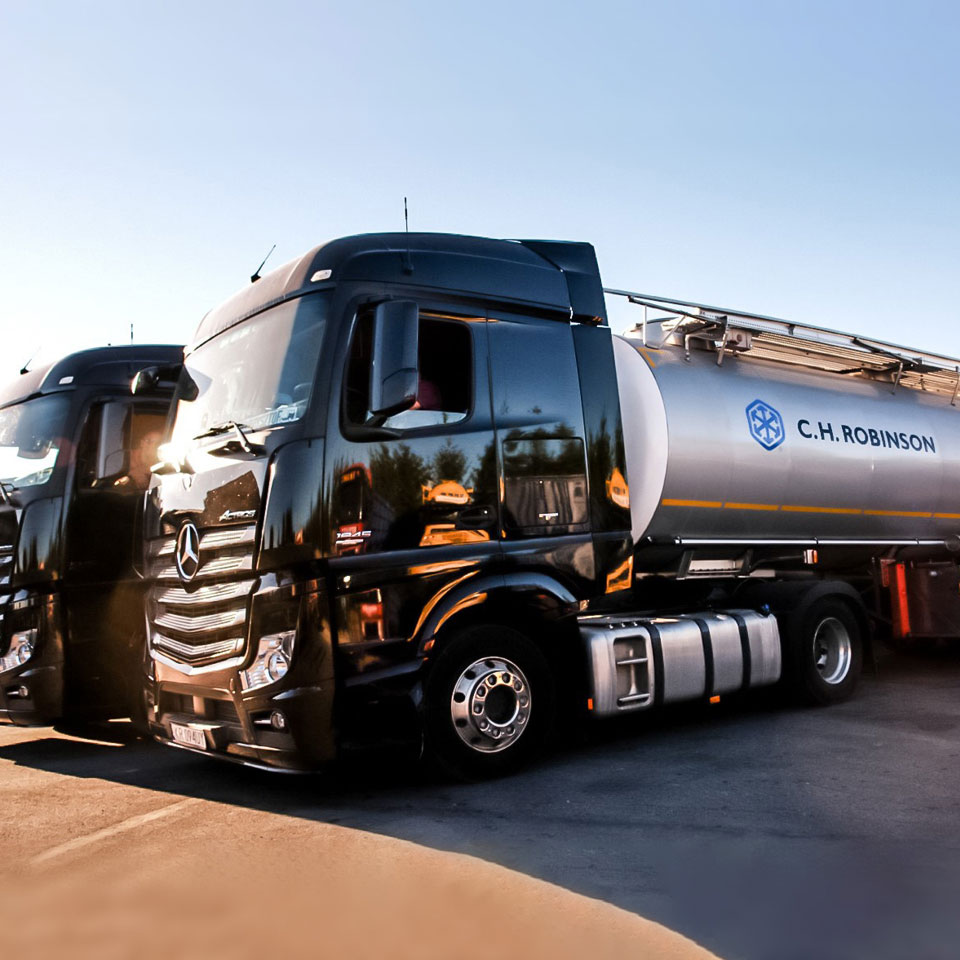
We caught up with Lee Miller, new chairman of the National Tank Truck Carriers (NTTC) Association Board of Directors, at the organization’s annual conference earlier this month to discuss the organization’s goals and priorities and get his take on some current industry trends affecting tank carriers:
The Road: Congratulations on becoming chairman of the NTTC. Can you walk us through your goals for the organization over your term?
The Road: Congratulations on becoming chairman of the NTTC. Can you walk us through your goals for the organization over your term?
Lee Miller: The mission of National Tank Truck Carriers (NTTC) is ‘To champion safety and success in the tank truck community through advocacy and education.’ That perfectly sums up what this organization is about. With this mission, we are focused on safety, success, advocacy and education.
NTTC’s vision is to be the voice of the tank truck industry and be the recognized resource for its leaders. The organization has ‘doubled down’ on education and advocacy in recent years. The NTTC is working each day with the law makers and agencies to ensure safety and to advocate on behalf of the industry.
TR: You were involved with the NTTC’s recent “Call on Washington.” What were the goals of this event?
TR: You were involved with the NTTC’s recent “Call on Washington.” What were the goals of this event?
LM: The Call on Washington is organized by NTTC at the beginning of each new Congress. This past February, our message was the following:
• In addition to ever present driver availability concerns, the country’s infrastructure needs attention. It is impeding the free movement of products because of bottlenecks. Everyone at C.H. Robinson knows that drivers are compelled under the hours of service regulations to work only a certain number of hours each day. Any time they spend stuck in bottleneck traffic reduces their productivity and earning power.
• We also spoke at length about the Federal Aviation Administration Authorization Act. Contained within that act are federal pre-emptions that apply to interstate trucking operations. Currently, some states are seeking to supersede federal hours of service regulations. Our concern is that if one state can impose their own rules, what prevents the others from doing the same? At that point, you have a hodgepodge of regulations that abruptly impede the movement of goods.
TR: The 69th Annual NTTC Conference & Exhibits was held recently in Chicago. What were some of the highlights of this year’s event?
TR: The 69th Annual NTTC Conference & Exhibits was held recently in Chicago. What were some of the highlights of this year’s event?
LM: Each year, NTTC names a Professional Tank Truck Driver of the Year. To earn that recognition, a driver must submit an application, have his or her driving record fully scrutinized, stand for interviews before safety professionals, and then be named one of eight finalists. The winner is then named at the conference.
In addition, the Heil Trophies recognize a larger fleet and a smaller fleet for their outstanding safety performance the previous year. These awards represent the best of the best in the tank truck industry.
TR: Safety has always been a cornerstone for the NTTC and your own company, Miller Transporters. As a recent winner of the Heil Trophy, tell us what it means to win the award.
TR: Safety has always been a cornerstone for the NTTC and your own company, Miller Transporters. As a recent winner of the Heil Trophy, tell us what it means to win the award.
LM: Each year, one of our objectives is to have a safety performance that is worthy of consideration for the Heil Trophy. When you are competing with your peers for a prestigious recognition, it brings out the best in you and in the industry.
We were fortunate to win the award in 2006 and 2015. Both years we had excellent safety results. The years we did not win it, we made sure we were ‘in the conversation’ to be considered. It is something that we strive to achieve annually.
TR: What do you foresee as potential growth opportunities for tanker carriers?
TR: What do you foresee as potential growth opportunities for tanker carriers?
LM: Driving a truck is an essential thread in the fabric of the American economy. The distribution component is essential to get the products to the consumers. We all have a vested interest in growing this mode.
Technology is advancing at a rapid pace and that should help grow trucking. I’m not really talking about ‘autonomous vehicles’ at this point, although I do believe that these will appear in some form or another within the next ten years. Autonomous trucks will still have drivers in attendance; it’s just that the driver’s job will be different.
When we make the drivers’ lives easier through ease of operation and become the carrier or shipper of choice, we differentiate ourselves from the pack.
TR: On the flip side, what are some potential road blocks for tanker carriers?
TR: On the flip side, what are some potential road blocks for tanker carriers?
LM: Tank truck haulers face an obstacle to growth that is currently plaguing all forms of trucking: driver availability. To grow, we will need to address the things that are causing drivers to leave the industry or not be attracted to trucking in the first place. We can start with pay, but that is not the magic pill by any means. A driver’s life can be a series of frustrations resulting from delays, congestion, regulations, and/or time away from home. I think there is such a thing as ‘driver friendly freight’ that can be tailored to the needs of the specific drivers. This will be important in attracting the younger generation into this vital industry.
If you’d like to learn more about how we can help you with your tanker trucking needs, visit us here.



